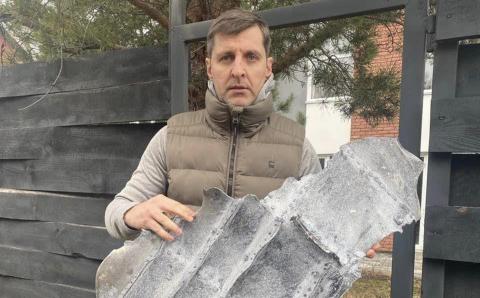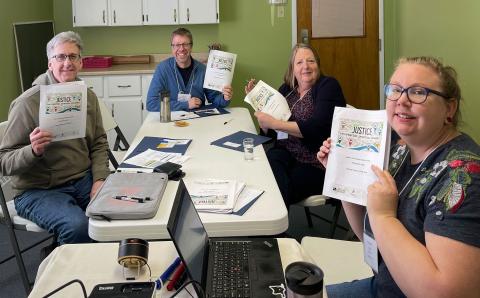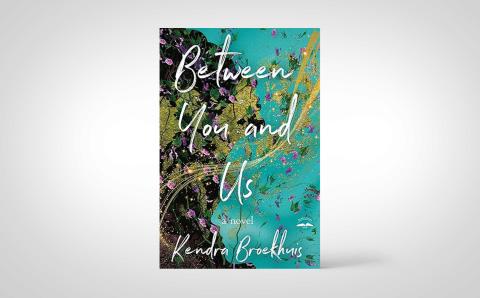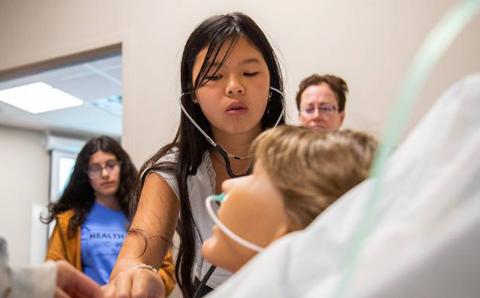Science cannot replace religion. But some people act as if it does. A friend of ours sent us a snapshot of a roadside billboard sponsored by the Freedom from Religion Foundation. The billboard shows a man saying, “I put my faith in science.” This isn’t science, but scientism—turning science into a sort of religion.
God gives us abilities to do science and learn about God’s creation. Science is very good at some things, like explaining how photosynthesis works or finding new medications to treat diseases. Science even addresses some questions that once were only in the realm of religion, like how the mountains formed and why the crops are more abundant in a given year.
In surveys today, an increasing number of people say they do not have any particular religious belief. So perhaps it's not surprising that some of them turn to science instead. A few years ago, I (Deb) was at a conference and chatted with a university research scientist. The conversation turned to religion, and I tried to explain why I believe in God. He listened carefully, then responded, “That’s fine for you, but for me science is enough; I don’t need to add on God.” My heart broke. This man felt that science was the best source for truth and for the solutions to our problems.
But science is limited. Say there is a kettle of boiling water on the stove, and Loren walks into the kitchen and asks, “Why is the water boiling?” Science gives an answer to that question! Heat is being conducted from the stove to the water, causing a phase transition turning liquid water into gas. But if Deb answered that way, Loren would laugh or roll his eyes. The reason the water is boiling is because Deb’s prayer partner is coming over for tea.
There are many important questions that science cannot answer. While medicine and technology can give us the means to care for others, science cannot tell us that we morally ought to love our enemies as well as our friends. The most important questions in life cannot be answered with a laboratory experiment or a mathematical theory—questions like: What was I made for? What is God like? What happens after I die? These are the realm of religion and philosophy. If someone says they look to science for all the answers, including questions like those, they are not talking about science; they are talking about an atheistic worldview that they have added onto science.
Christian faith provides incredibly rich answers to those big questions. One reason Christianity stands out from other religions and philosophies is that those answers are not just abstract, but are centered in the person of Jesus Christ. In Christ’s incarnation, life, death, and resurrection, Christians discover surpassingly beautiful truths about God, about ourselves, and about where to place our hope for the future.
In our work as scientists, we sometimes talk to people like the scientist Deb met at that conference. We’ll agree with them that science can be used to do a lot of good, and we’ll gladly spend time debating the “big questions.” But our goal is to turn the conversation back to a Person. Those following scientism are missing more than answers to questions. They’re missing a relationship with their Creator. We hope they will discover the One behind all the marvels of the natural world, a Creator who loved them enough to die for them and can bring them hope and healing.
About the Authors
Deborah B. Haarsma is President of BioLogos (biologos.org). She and her husband, Loren, are scientists who together wrote the book Origins (Faith Alive, 2011). They are members of the Christian Reformed Church.
Loren Haarsma is a lifelong member of the CRC. He lives in Grand Rapids, Mich., and is currently a professor of physics and astronomy at Calvin University. He is the author of When Did Sin Begin? Human Evolution and the Doctrine of Original Sin (Baker, 2021) and Origins: Christian Perspectives on Creation, Evolution, and Intelligent Design (Faith Alive, 2008, 2013).









